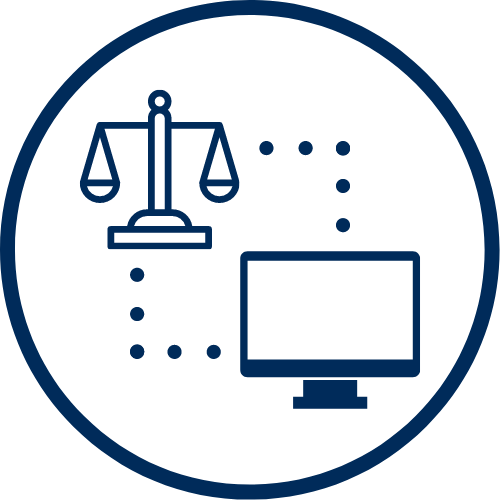Public Interest Technology
Representation & Accountability
Technology too often fails to live up to the promises of its promoters, causing disparate harms that go undocumented and uncompensated. Technology that purports to be for the greater good of society, particular communities or public institutions must be held to an exacting and enforceable standard.
Who decides what social problems can be addressed through the application of technological tools and how that intervention should be discovered and designed?
More scrutiny is needed to understand how innovation can lead to the ill-informed and reckless release of products in the name of the public interest and to identify the factors that can promote a more promising future for public interest technology.
-
Digital Darkness: How Governments Use Digital Repression to Silence Dissent
By: Atoosa Haghani, LAW ‘27 It begins with silence. Not the absence of noise, but a forced muting, of…
-
The Summit of the Future: 3 Things Every Law Student Should Know
The Summit of the Future: 3 Things Every Law Student Should Know By Bethany Ho, LAW ‘27 Global inequalities…
-
Sovereign Identity Crisis: State, Self, and Collective in a Digital Age – November 17, 2022
Sovereign Identity Crisis: State, Self, and Collective in a Digital Age Event Hosted by iLIT and the Temple Law…
-
The Real Work of Decolonization: Underlying Patterns of Colonial Domination in Africa Driving AI Futures
March 8, 2022 19:00 CET About the Event: This discussion creates a space to engage with the reality that…
-
Committed to Diversity and Thought Leadership, Temple Launches New Institute For Law, Innovation & Technology
This year, Temple University is launching a new institute, based at the Law School, that will serve as a…
-
iLIT Contributes to Philly Tech Week 2022 Event Hosted by the World Affairs Council
https://wacphila.org/events/ptw2022-technology-and-human-rights The event, The Impacts of Technology on Human Rights Around the World, was convened by the World Affairs…






